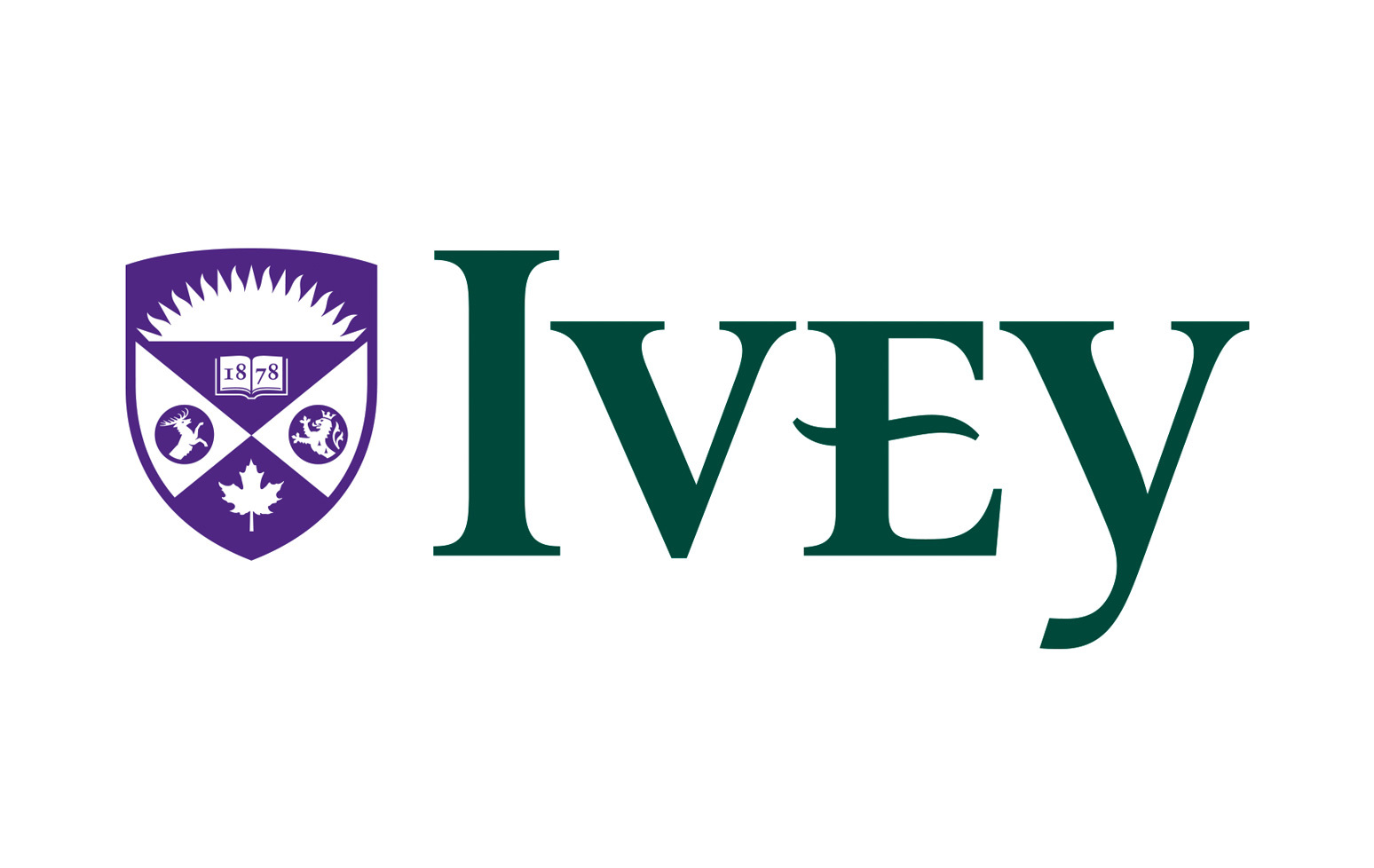“So do you feel transformed yet?” my friend asked jokingly. He was referring to a unique course that I’m taking at business school: Transformational Leadership. The course focuses on leadership of the self and on character development – topics that most academics and practitioners have neglected, instead favouring traditional strategic leadership theories. With transformational leadership, the thinking goes like this: Leadership is more than simply leading other people and organizations. It involves looking within, recognizing one’s values, beliefs, biases and, yes, even feelings. Effective leadership requires self-awareness about one’s character and morality.
After reading the course outline, I was intrigued by what seemed to me a very philosophical subject. I decided to enroll. After all, how could I expect to lead others without a little bit of introspection about my own character and values? And in any case, I thought the class would be easy. Boy was I wrong.
On the first day of class our ardent professor told us, “This will be the hardest course you take in the MBA program.” Her statement was not hyperbole; she was absolutely right. Reflecting on who you are as a person and remaining committed to your values sounds a lot easier than it is. Throughout the course, I had to think deeply about my failures, regrets, role models, motivations and aspirations. It was an exhausting exercise meant to make us aware of why we act the way we do. The end goal was to develop the positive character traits that every successful leader must embody, including integrity, courage, accountability and humanity.
One of the highlights of the course occurred when Holocaust survivor Eva Kor spoke to us about how she forgave the Nazis for their crimes. Ms. Kor, now 81 and an American, lost most of her family in the Holocaust and was subjected to human experimentation at Auschwitz. Despite her harrowing experience, she found the capacity to forgive and to move on with her life. This to me was a clear example of resilient character. She could have been vengeful, and justifiably so, but she recognized she could have a greater positive impact by demonstrating magnanimity.
As the course comes to an end, I’ve been trying to synthesize all that I’ve learned and I think the following quote captures it well: “Watch your character, for it becomes your destiny.” If I’m fortunate enough to be in a leadership role in the future, I’ll know to pay close attention to my beliefs and to align my actions accordingly, even when there are powerful situational pressures. In this way I hope to chart my destiny. I’ll know to tap into different character traits depending on the situation. Some situations will require confidence, others humility. I’m sure I’ll face ethical dilemmas regardless of where I work and so it’s imperative that I’m committed to my moral values.
I’m convinced that courses like Transformational Leadership should be mandatory at all business schools. It’s a well-known fact that many of the corporate “leaders,” brokers and bankers who were responsible for the 2008-09 financial crisis were graduates of top business schools. Perhaps there was something fundamental missing in their education. The financial crisis, along with the plethora of other corporate scandals, perhaps could have been avoided if leaders had demonstrated courage, integrity and accountability, even in situations where they did not have an incentive to do so. On this point, U.S. ethicist Michael Josephson said it best: “People of character do the right thing even if no one else does, not because they think it will change the world but because they refuse to be changed by the world.”
True leadership requires continuing introspection and strong character. So to answer my friend’s question, “Do you feel transformed yet?” I say: not entirely but I’m grateful to have started the journey.
